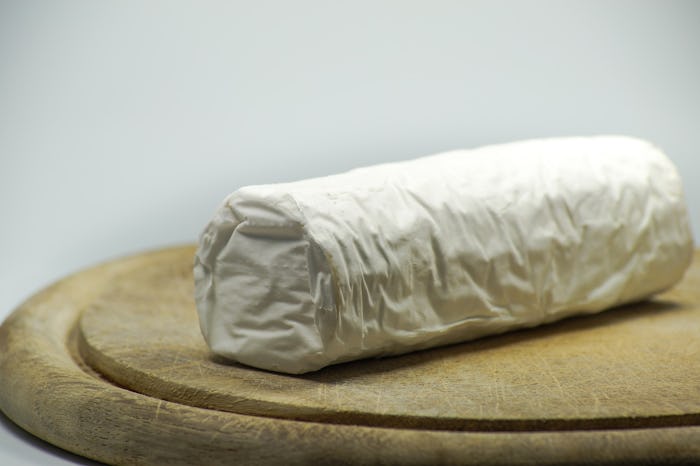Life
Which Apple Tree Goat Dairy Goat Cheese Products Were Recalled? It's A Northeastern Farm
Apple Tree Goat Dairy is a family-run diary farm in Pennsylvania. During an inspection by the Food and Drug administration in September, samples taken found that listeria was present in 18 individual areas across the dairy farm. At that time, a recall was initiated of the cheese manufactured under the contaminated conditions. Which Apple Tree Goat Dairy goat cheese products were recalled? Eventually the dairy expanded the recall to include all of its products.
The problem, according to FDA, happened when the dairy expanded the recall to include all of its products, but didn't do enough to publicize it:
Apple Tree expanded its recall to include all of its goat cheeses, but FDA is not aware of any public notification to consumers announcing the expanded recall. Accordingly, FDA is issuing this release and working with PDA to monitor this situation and take appropriate actions to protect consumers from Apple Tree goat cheeses that may have been exposed to or contaminated with Listeria monocytogenes.
Eating food contaminated with listeria bacteria can cause soreness, fever, and gastrointestinal problems, according to the Centers for Disease Control. Listeria can be particularly dangerous for pregnant women, who are 20 times more likely to become infected, according to American Pregnancy. Women in their third trimester are particularly susceptible to infection, and, according to American Pregnancy Association, about 22 percent of cases of listeria in pregnant women result in a stillbirth or neonatal death.
Linda Nussbaum, a co-owner of the dairy, tells Romper she has no idea why a notice was going out now about Apple Tree cheeses so long after the initial September recall. She adds that at Apple Tree "we have not been processing any cheese," since the recall. Admitting "we may have had an issue back in August," but not anymore.
Nussbaum also says that, based on the threats from FDA inspectors to "lock her in jail" and a lack of feedback from FDA about what she needed to do to take care of the issue, coupled with the new FDA recall advisory being sent out without her knowledge, she has been left wondering if the FDA is allegedly most interested in shutting down small family farms. "Something doesn't seem right," she says.
The FDA has not yet responded to Romper's request for comment on Nussbaum's allegation.
Here are the Apple Tree labels to look out for:
Listeria can be serious, and, according to FDA, Apple Tree Farms had a substantial problem with contamination in its cheeses.
"In addition to observing poor sanitation practices, FDA took environmental samples that identified Listeria monocytogenes in 18 environmental samples from Apple Tree’s processing, packaging, and storage areas, including food-contact surfaces such as a cheese slicer, cheese mold, tables, and plates used to hold cheese before packaging," according to FDA's statement. "FDA also tested Apple Tree’s goat cheese. Two of the finished goat cheeses and 18 of the environmental samples tested positive for Listeria monocytogenes."
There have not been any reported cases of people becoming ill from eating tainted cheese from Apple Tree, but FDA recommended anyone who has any Apple Tree products throw them away.
All of Apple Tree's products, the FDA added, were sold in Pennsylvania, Washington, D.C., Maryland, Virginia, and New Jersey through Lancaster Farm Fresh Cooperative. In Alexandria, Virginia, the products are sold by West End Farmers Market in Alexandria, Virginia; the Ambler; Pennsylvania Farmers Market; and Doylestown, Pennsylvania Farmers Market.
According to WPI in Harrisburg, Pennslyvania, the Pennsylvania Department of Agriculture said the dairy's vat pasteurizer didn't meet its requirements because it didn't have a chart recorder in August 2015.
The FDA warned that listeria can grow in refrigerated temperatures, and if you're concerned you have contaminated cheese in your refrigerator, it's important to wash and sanitize all surfaces it could have cross-contaminated as well. It's also necessary to thoroughly wash your hands after disposing of potentially listeria-contaminated foods to avoid further spread.
